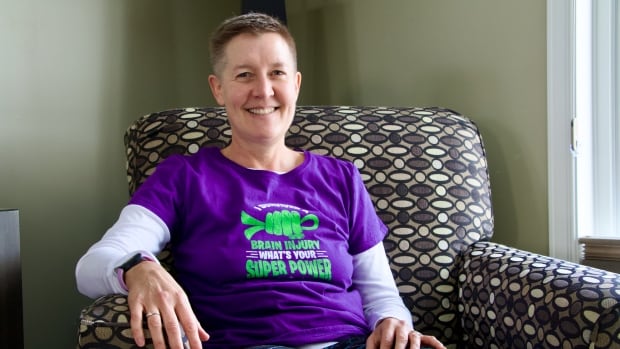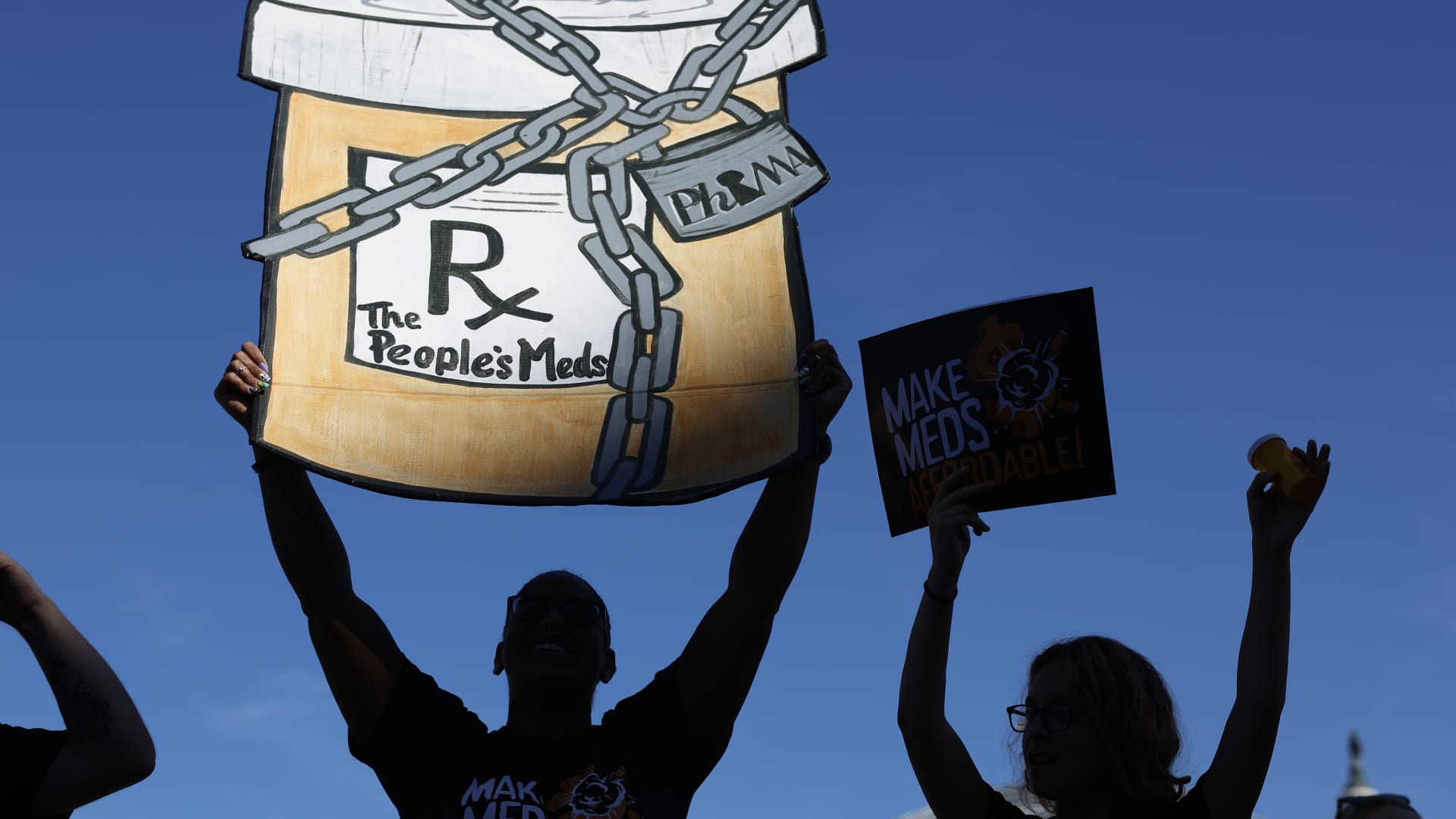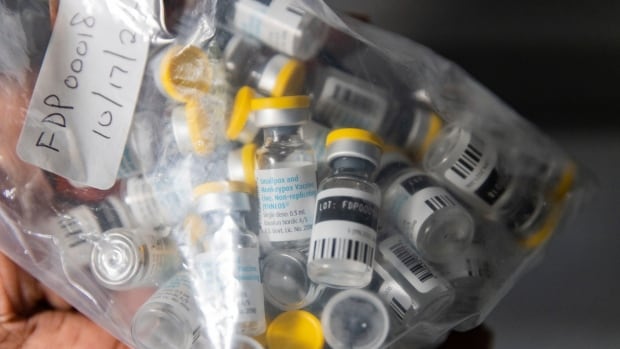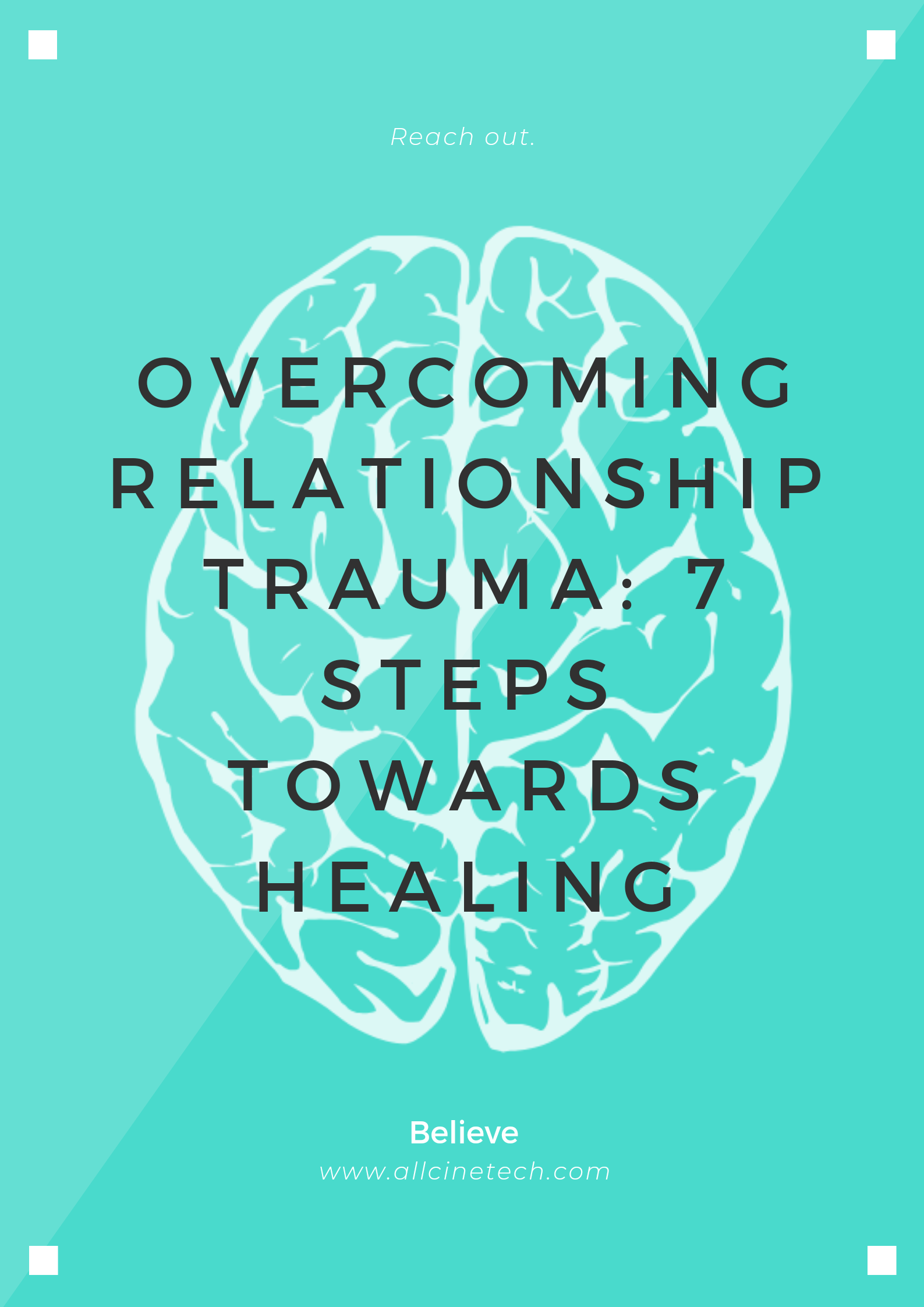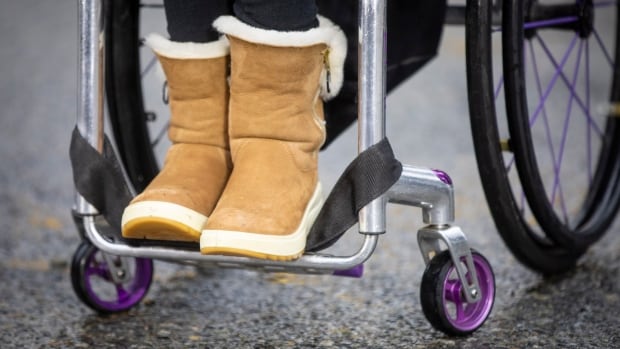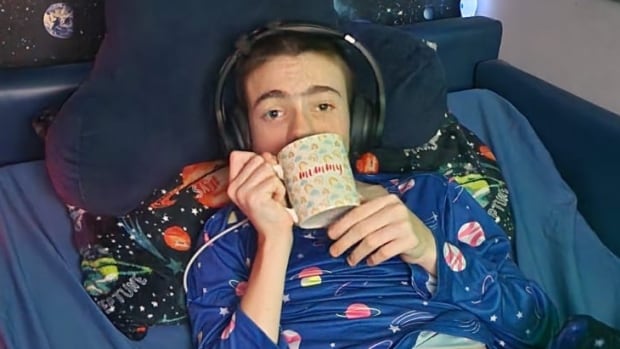It’s early December and Barb Butler is handing out photocopied, handwritten notes to the group seated in a circle around her with the date and time of the holiday pizza party — “for those of you who have trouble with memory, which is all of you.”
Humour is a constant presence at these meetings at a branch of the Regina Public Library. New attendees of the Saskatchewan Brain Injury Association survivor support group receive a pin that says, “Hi, I can’t remember your name either!”
The group’s premise is simple: shared experience, mutual support, companionship, some fun and fundraising.
“This group means friendship to me, support to me when I need it,” says one regular, who appreciates being able to ask other members about symptoms she’s experiencing.
“It means I’m not alone,” says another. “It means I can absolutely be myself. If I cry — that’s all right.”

Brain injuries are misunderstood and isolating. They can have little to no external signs but completely upend someone’s inner workings and daily life.
Every year, 20,000 Canadians are hospitalized for a traumatic brain injury, such as a sports concussion or car accident. That doesn’t include tens of thousands more who aren’t hospitalized or who suffer an acquired brain injury, such as from a stroke or tumour. Despite this frequency, “the current state of brain injury services and supports across the country is characterized by fragmentation, isolation and chronic underfunding,” according to the CGB Centre for Traumatic Life Losses.
Instead, survivors turn to one another.
“Like a big family, except we like each other,” Butler says, laughing.
Brain injuries are misunderstood and isolating. CBC News spent time with one peer support group in Regina that is helping people feel less alone in their recovery.
Finding purpose in an accident
Heading home from a camping trip in 1993, Butler and her family detoured to Wilcox, Sask. Having recently moved to Regina, they wanted to check out Athol Murray College of Notre Dame, a boarding school famous for producing top tier athletes.
As they were turning off the highway onto the town’s main street, a semi-trailer hit their minivan, pushing it several metres before it landed in a ditch.

Butler’s husband, young son and daughter all survived, but she would spend her 38th birthday in a coma. Her first memories of her recovery are from Regina’s Wascana Rehabilitation Centre, where she relearned basic functions like walking and eating, worked on conversation and regained her handle on reading and numbers. The left side of her body was affected by partial paralysis and numbness for the next 20 years. She still struggles with short-term memory loss.
“I look fine, but if you were to spend more than 10 minutes in my brain, you would be very scared,” says Butler. “It doesn’t think like everyone else’s brain.”
At first, she struggled to identify as someone with a brain injury. The term “brain damaged” was still in use when she was growing up and that had negative connotations.
“Trust me, I had the biggest pity party for about the first six months of my life until one day I looked around and realized no one’s at the party but you, Barb, so you might as well just get on with it,” she recalls.
Now 68, she never went back to her teaching job. Instead, she realized that her brain injury happened not to her but for her, so that she could help people in similar situations.

In 1998, Butler founded a weekly survivors group that continues to this day at the Regina library. She says it helps people feel seen and supported.
“I think they feel comfort in that they’re not alone — that someone else knows what they’ve been going through.”
That support can be hard to come by, and resources vary widely depending on where you live in Canada.
That’s why in June 2022, NDP MP Alistair MacGregor introduced private member’s Bill C-277 to establish a national brain injury strategy. It calls for better awareness, prevention and treatment of brain injuries, and for a consistent, well-funded approach across the country. It also seeks to better identify the links between brain injuries and issues such as homelessness, substance use, mental illness and incarceration.
Much of the federal government’s work in this area has been focused on concussions, including creating a nationwide strategy, and funding for research into traumatic brain injuries.
WATCH | Barb Butler and her family make a plea for a national strategy on brain injuries:
Butler has been rallying members of the Regina support group to write letters to try to push this bill forward in Parliament.
“Canada is so diverse in what they have to help people,” says Butler, “and so that’s why Bill C-277 is important to me because I think everyone in Canada should have the same rights and privileges with a brain injury as in any other province.”
‘Disconnected me from the world’
In the evening following the library meeting, Brooke Knaus circles a grouping of tables at the south Regina Starbucks, taking orders. The Social Beans group is another regular program run by the Saskatchewan Brain Injury Association — one of several across the province.
Knaus says this setting can be good for developing social skills, practising interacting with staff and making decisions.
Brijesh Patel started showing up to these weekly meetups in the fall of 2023. The 28-year-old says he’s had trouble making friends since he suffered a brain injury.

On March 1, 2020, Patel was riding in a car with friends when it ran off Regina’s perimeter highway into a ditch. The driver and other passenger died. He was thrown from the car and woke up in hospital to a global pandemic. At first, he thought he was in jail.
Many people in Canada spend months in treatment — first in hospital, then in rehabilitation. Even after they head home, they often aren’t able to pick up life where they left off, and that can be isolating.
Patel isn’t a stranger to brain injuries: his father suffered a debilitating stroke 20 years ago, for which Patel says he didn’t get much treatment.
So when he was first recovering from the crash, Patel Googled how to help keep the brain sharp. Learning a new language was one suggestion. Already fluent in Gujarati, Hindi and English, Patel chose French. He picked up playing the tabla again (a type of Indian drum), exercising regularly and attending temple three times every weekend.

He’s also a sponge for trivia, like the fact that damaged nerves grow back at an average rate of one millimetre per day.
“I think people have this perception that having a brain injury, it’s like, here’s this guy with a broken brain, but our brain has an ability to heal itself,” says Patel.
Despite the progress Patel is making on his own, the Saskatchewan Brain Injury Association offers him something more.
“You get to be social. Because of the brain injury … it had just disconnected me from the world.”
‘Something bigger than just ourselves’
Earlier in the week, another group — with some familiar faces — connects not over a mutual love of coffee but in finding a common beat.
“When we work together, we become part of something bigger than just ourselves,” says Mike Pelzer, who has been running the Saskatchewan Brain Injury Association’s drumming group since 2010.

“If you can say it you can play it,” Pelzer coaches encouragingly, as he guides the circle through a favourite exercise: using the phrases “hot pepper” and “apple pie” to keep a beat on their tambourines, djembes, wood blocks and shakers.
Carla Eckert is beaming as she plays her go-to instrument: a tabano.
“This Mike Pelzer — holy moly — helps us literally meditate every week doing drumming group,” she says.

Eckert is a newer member of the local Brain Injury Association crew. In May 2022, her husband noticed she wasn’t acting like her normal self. They thought she had COVID-19. It turned out to be encephalitis — or brain inflammation —caused by a viral infection.
When she got home from the hospital she had to relearn many basic tasks. Her short-term memory took a hit, as did her vocabulary recall. And since the infection was concentrated in her front temporal lobe, her emotional regulation was impacted.
Eckert, 52, has always considered herself upbeat. Now, she’s effervescent.
“I just see things in the more positive light, like, way more so than before,” she says, wearing a purple T-shirt that reads: “I survived a brain injury. What’s your super power.”
Her love of life is apparent on her Instagram account, which she uses as a public diary of simple daily pleasures, like prepping breakfast buffets, dancing while cleaning and devotedly cheering on her favourite sports teams.

She also documents the weekly drumming sessions, where she appreciates connecting with other brain injury survivors and swapping helpful information.
“It’s really cool that if some of us don’t show up at some of these groups, we will check in to make sure someone’s OK,” Eckert says.
In the drumming circle, those relationships have lent themselves to a synchronicity. The players find a rhythm together when the rest of their life feels off-beat. Closing their eyes as they get into the groove, they also stop on cue. Silence and some peace.
New Year’s resolutions
It’s the new year and Eckert is sporting another T-shirt in her favourite colour. This one says, “I see no good reason to act my age.”

She offers up the phrase as her contribution to an activity Butler is leading at this meeting of the survivors support group. On a plate, Butler is writing what members want to leave behind in 2023. Sugar, swearing and stress are among the suggestions.
Then, it’s time to smash it.
“You should feel lightened and unburdened because all those things that you want gone are now, according to me, they’re gone,” Butler tells the group after they’ve each had a chance to take a hammer to the plate. “So this is like a new day — a new beginning.”

The new year brings some more hope for a national brain injury strategy. On Feb. 13, Bill C-277 was placed on the order of precedence, which means it has been selected to be called for debate in the House of Commons.
“I would hope that everyone that’s sustained a brain injury receives the same kind of care and treatment everywhere in Canada,” says Butler.
But that’s not all. Also written on the plate: “misunderstanding.”
“I would hope that the stigma of having a brain injury goes away,” says Butler. “That even with the brain injury, you are still you.”
